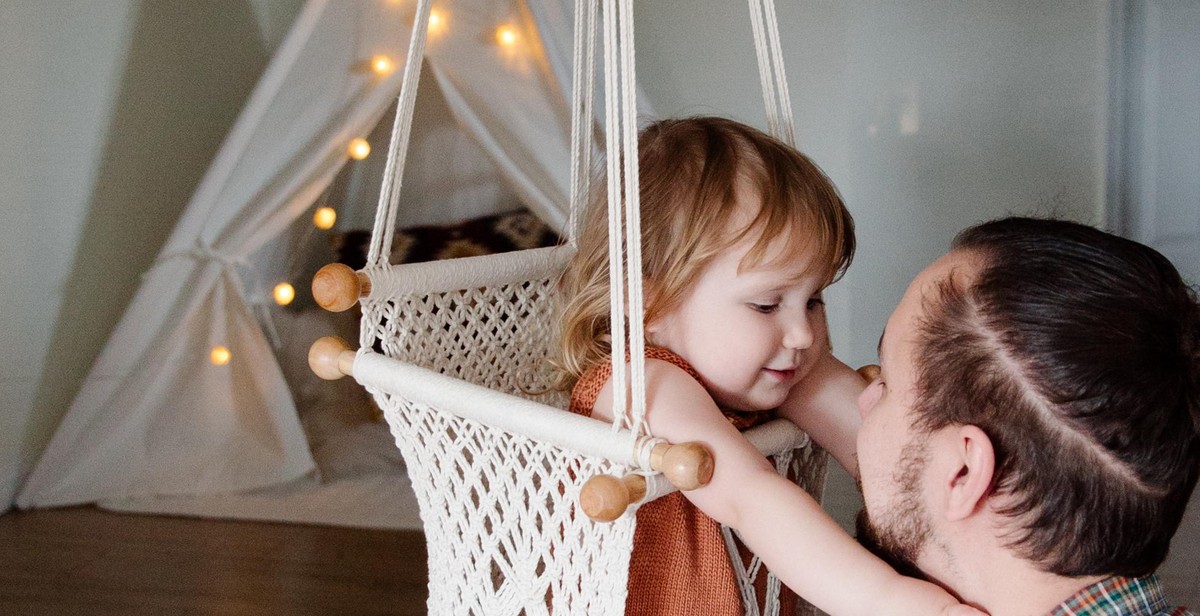Avoiding Relationship Burnout: Tips for Maintaining Energy and Excitement
Relationship burnout is a common phenomenon that affects many couples. It occurs when the excitement and energy in a relationship start to dwindle, leading to feelings of boredom, frustration, and disinterest. This can happen in any type of relationship, whether it’s a romantic partnership, a friendship, or a business relationship.
There are many reasons why relationship burnout occurs. Some of the most common factors include:
- Lack of communication
- Unresolved conflicts
- Monotony and routine
- Unrealistic expectations
- External stressors, such as work or financial problems
Relationship burnout can be damaging to a relationship if left unaddressed. It can lead to feelings of resentment, detachment, and ultimately, the breakdown of the relationship. However, there are steps that couples can take to prevent relationship burnout and keep the energy and excitement alive.
In this article, we will explore some tips for avoiding relationship burnout and maintaining a healthy, vibrant relationship.

Causes of Relationship Burnout
Relationship burnout is a common phenomenon that affects many couples, especially those who have been together for a long time. It is characterized by a feeling of emotional exhaustion, detachment, and a lack of enthusiasm towards the relationship. There are several factors that can contribute to relationship burnout, including:
Lack of Communication
Communication is the foundation of any healthy relationship. When partners fail to communicate effectively, it can lead to misunderstandings, resentment, and a breakdown of trust. Over time, this can cause relationship burnout. It is important for couples to make an effort to communicate openly and honestly with each other, even about difficult topics. This can help to build a stronger emotional connection and prevent burnout from setting in.
Unrealistic Expectations
Many couples enter into relationships with unrealistic expectations. They may expect their partner to fulfill all of their emotional needs, or they may have unrealistic expectations about the level of romance and excitement that a long-term relationship can provide. When these expectations are not met, it can lead to disappointment, frustration, and burnout. It is important for couples to have realistic expectations about their relationship and to communicate openly about their needs and desires.
Monotony and Routine
Another common cause of relationship burnout is the monotony and routine that can set in over time. Couples may fall into a pattern of doing the same things every day, without any excitement or spontaneity. This can lead to a feeling of boredom and a lack of enthusiasm towards the relationship. It is important for couples to make an effort to break out of their routines and try new things together. This can help to keep the relationship fresh and exciting.
Neglecting Personal Interests and Hobbies
When couples spend all of their time together, they may neglect their personal interests and hobbies. This can lead to a feeling of suffocation and a lack of personal fulfillment. It is important for couples to maintain their individuality and pursue their own interests, even while in a relationship. This can help to prevent burnout and ensure that both partners feel fulfilled and happy.
Overall, relationship burnout is a common issue that can affect any couple. By being aware of the factors that can contribute to burnout, couples can take steps to prevent it from setting in. Effective communication, realistic expectations, variety, and personal fulfillment are all key factors in maintaining a healthy, happy, and long-lasting relationship.
Tips for Avoiding Relationship Burnout
Relationship burnout can happen to anyone, regardless of how long you’ve been together. It’s important to take steps to maintain energy and excitement in your relationship. Here are some tips to help you avoid relationship burnout:
1. Communicate Effectively
Effective communication is key to any healthy relationship. Make sure you are both open and honest with each other about your feelings, needs, and expectations. When conflicts arise, try to work through them together instead of letting them fester.
2. Set Realistic Expectations
It’s important to have realistic expectations for your relationship. Don’t expect your partner to be perfect or to meet all of your needs. Instead, focus on what you appreciate about each other and work together to build a strong, supportive relationship.
3. Try New Things Together
Trying new things together can help keep the spark alive in your relationship. Whether it’s trying a new hobby or activity, or exploring a new city or restaurant, doing something new and exciting together can help you build a deeper connection.
4. Make Time for Personal Interests and Hobbies
It’s important to maintain your own personal interests and hobbies, even when you’re in a relationship. Make sure you both have time to pursue your own passions and interests, as well as time to spend together.
5. Prioritize Intimacy and Physical Connection
Physical intimacy is an important part of any romantic relationship. Make sure you prioritize intimacy and physical connection, whether it’s through cuddling, holding hands, or having sex. Remember that physical touch can help you feel closer and more connected to each other.
| Tip | Description |
|---|---|
| Communicate Effectively | Be open and honest with each other about your feelings, needs, and expectations. |
| Set Realistic Expectations | Focus on what you appreciate about each other and work together to build a strong, supportive relationship. |
| Try New Things Together | Doing something new and exciting together can help you build a deeper connection. |
| Make Time for Personal Interests and Hobbies | Make sure you both have time to pursue your own passions and interests, as well as time to spend together. |
| Prioritize Intimacy and Physical Connection | Physical touch can help you feel closer and more connected to each other. |
